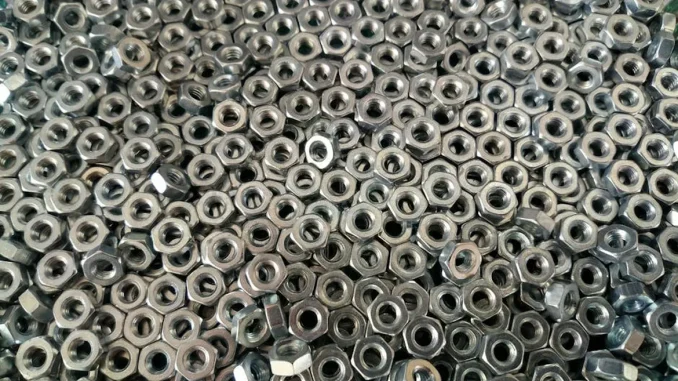
The construction industry is currently undergoing a significant transformation, driven by the recent updates to The Building Regulations 2010 Part L Volume 2. These updates highlight stringent energy efficiency targets aimed at reducing carbon emissions and enhancing the thermal performance of buildings across the United Kingdom. Within this evolving landscape, Aptus Fasteners, a prominent provider of high-quality fastening solutions, has taken a proactive stance, raising concerns about misleading market claims regarding screws purportedly meeting these new requirements. As a gold member of the Structural Timber Association (STA), Aptus Fasteners is at the forefront, offering expert guidance on selecting the most appropriate screws for fixing through insulation into underlying roof structures, ensuring compliance with the updated regulations.
The emphasis on energy efficiency in construction is crucial to the UK’s ambitious goal of achieving net zero emissions by 2050. The revised Part L regulations place significant importance on the building envelope, focusing on aspects such as airtightness and insulation to enhance thermal performance. This holistic approach is essential for decarbonising the nation’s building stock. However, meeting these stringent thermal efficiency standards set by Approved Document L of the Building Regulations requires not only the right materials but also the right fasteners with optimal performance characteristics.
Winston Kilburn, Commercial Sales Manager at Aptus Fasteners, underscores the necessity of seeking impartial advice regarding the fixing requirements outlined in Part L. This is crucial to avoid confusion and ensure full compliance with the regulations. While CE marked screws are considered suitable for many tasks, they may not provide immediate verification for fastening insulation materials, as they are based on Eurocode 5 (EC5), which does not specifically address this application. Instead, Aptus Fasteners recommends screws with a European Technical Assessment (ETA) or a UK Technical Assessment (UKTA) for fastening insulation materials. These certifications signify that the screws have undergone rigorous testing and are certified for this specific purpose.
The innate flexibility of ETA/UKTA certified screws is particularly noteworthy. These screws can bend up to a 45° angle without fracturing or breaking, a characteristic essential for accommodating the natural movement of timber and the dynamic forces acting on roof structures. This flexibility ensures that the fasteners can adapt to structural movements without compromising the integrity of the insulation layer, thereby maintaining the thermal efficiency of the building envelope.
Aptus Fasteners further extends its commitment to industry stakeholders by offering a free calculation service to assist in determining the most suitable screws for specific projects. This service aims to provide peace of mind to construction professionals and building occupants alike. By using certified screws that have been rigorously tested for specific applications, stakeholders can ensure compliance with Part L regulations while achieving optimal thermal efficiency levels in their projects.
In the context of evolving energy efficiency regulations, the guidance provided by Aptus Fasteners proves invaluable. Their proactive stance on cautioning against misleading screw claims highlights the critical role that high-quality fasteners play in ensuring compliance with Part L requirements. By advocating for the use of certified screws with proven performance capabilities, Aptus Fasteners champions a safer and more sustainable built environment for all.
As industry professionals navigate the complexities of energy efficiency regulations, the expert guidance on screw selection provided by Aptus Fasteners is instrumental. Their dedication to promoting the integrity and performance of building structures aligns with the broader sustainability objectives of the UK construction sector. By ensuring that projects adhere to the updated regulations, Aptus Fasteners contributes significantly to the overarching goal of reducing carbon emissions and enhancing the energy efficiency of buildings across the nation.
The construction industry stands at a pivotal juncture with updated Part L regulations setting the stage for a more sustainable future. Aptus Fasteners’ comprehensive approach to screw selection, backed by their collaboration with the STA and their free calculation service, equips construction professionals with the tools and knowledge necessary to meet these new standards. By prioritising the use of certified screws with proven performance characteristics, Aptus Fasteners not only ensures regulatory compliance but also promotes the long-term sustainability of the built environment. As the UK progresses towards its net zero emissions target, the guidance and expertise offered by Aptus Fasteners will undoubtedly play an integral role in shaping the future of energy-efficient construction.


Be the first to comment